International Board Certified Lactation Consultants (IBCLCs) have a special role in promoting safe infant feeding practices through crises, disasters, and emergencies. The current infant formula shortage is no exception. Nest Collaborative IBCLCs are qualified to assist families by providing guidance for relactation, induced lactation, or increasing milk supply. Nest is a safe space for feeding support, no matter how you choose to feed your baby. We will collaborate with your pediatric provider to ensure that you have a holistic feeding plan that is in line with your family’s needs and goals.
Consult with an IBCLC to discuss a strategy that will best suit your needs and current feeding situation. There is no one-size-fits-all approach to lactation, which is why it is so crucial to have skilled support and a customized plan.
Increasing Milk Supply
For those who are currently lactating, the formula shortage has brought up many questions about ways to boost your milk supply, either to provide a larger percentage of your baby’s current nutrition through breastmilk, or to freeze breastmilk for later use. There are many strategies used to increase one’s breastmilk supply. A lactation consultant can help you create a plan for increasing supply that is tailored to your current situation, supply, and future goals.
Relactation or Induced Lactation
If you have previously given birth but are no longer lactating, it may be possible to reestablish your milk production weeks, months, or even years down the road with the help of skilled lactation support. This is called relactation. If you have never given birth, the process of stimulating the body to make milk is called induced lactation. In general, relactation produces better milk supply outcomes due to the breast changes that occur during pregnancy. This can be a challenging and time consuming process. Not all parents are able to establish a full milk supply while relactating or inducing lactation. However, relactation and induced lactation can be very powerful tools for parents who want to provide their own milk to their babies while decreasing their reliance on formula during the shortage.
Pasteurized Donor Human Milk
If your baby qualifies, you may be able to procure pasteurized donor human milk from a certified milk bank. Typically donor human milk is reserved for babies with special feeding needs, such as premature or medically fragile babies. If you have an abundance of milk, you might also consider becoming a breastmilk donor to help other families through this crisis. You can find a milk bank near you at the following website:
https://www.hmbana.org/find-a-milk-bank/overview.html
Informal Milk Sharing
Wet nursing and the sharing of human milk between trusted family members and close friends is a common practice throughout history. The Academy of Breastfeeding Medicine recommends that all human milk donors are medically screened and that safe milk handling practices are followed as the donor’s medical history, current medications, and milk storage practices may impact the safety of the donated human milk. Be sure to carefully weigh risks and benefits and make an informed decision before providing unpasteurized milk to your baby that is not your own. It is not advisable to purchase human milk over the internet or from any other source that you cannot verify or completely trust.
Questions for your Pediatric Provider
Any questions related to finding a nutritionally appropriate formula or alternative formula for your baby should be directed to your pediatric provider. We are unable to help with sourcing infant formula when your preferred brand is out of stock.
For more information on finding formula during the shortage, see the HHS website:
https://www.hhs.gov/formula/index.html
For more information and recommendations, see the Academy of Breastfeeding Medicine’s Statement on the Shortage of Breastmilk Substitutes: https://www.bfmed.org/statement-on-shortage-of-breastmilk-substitutes
